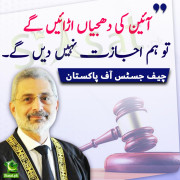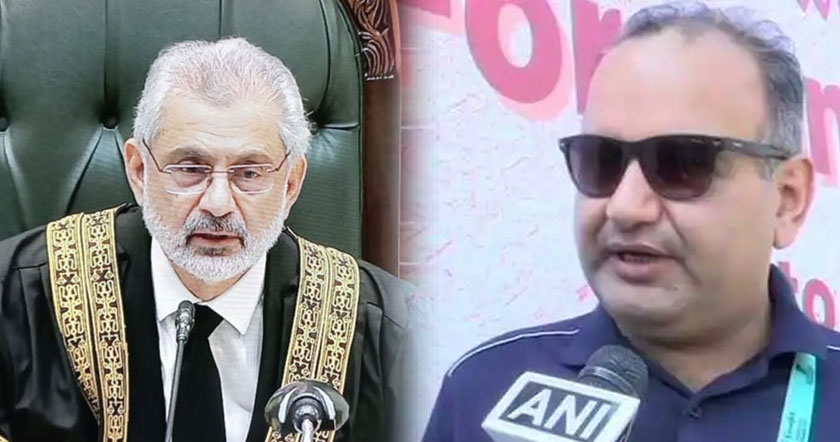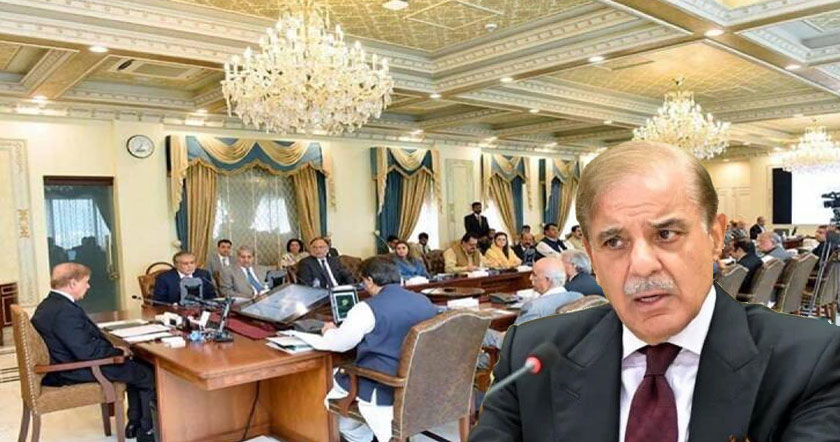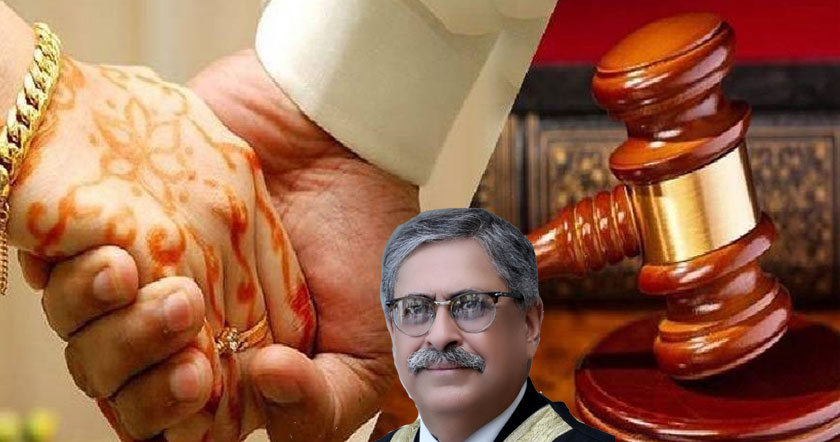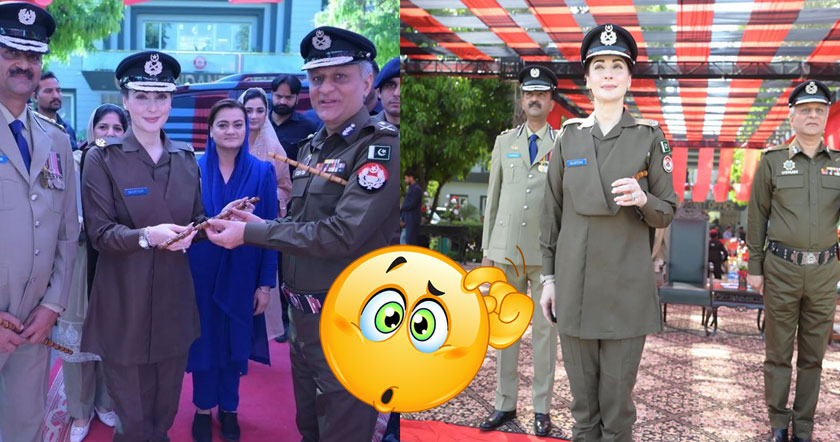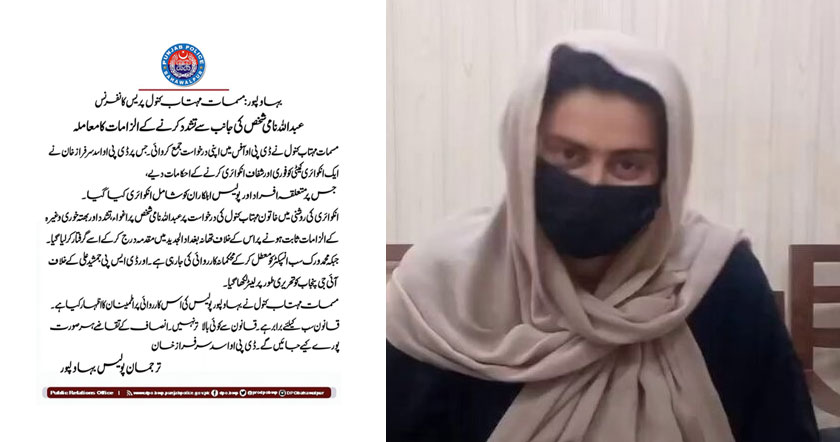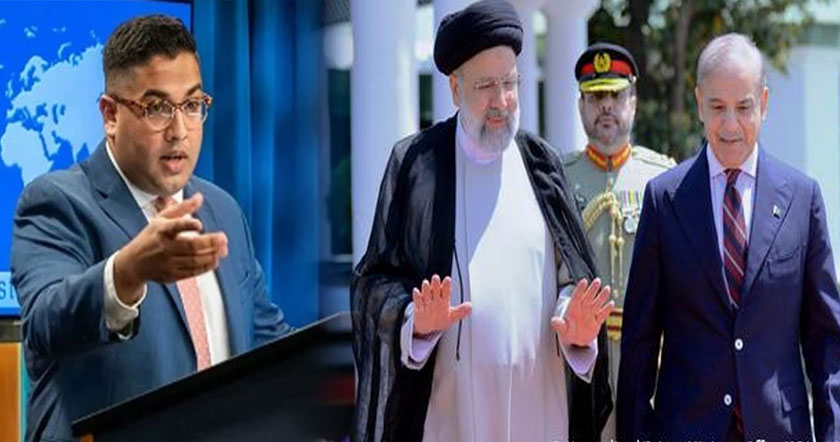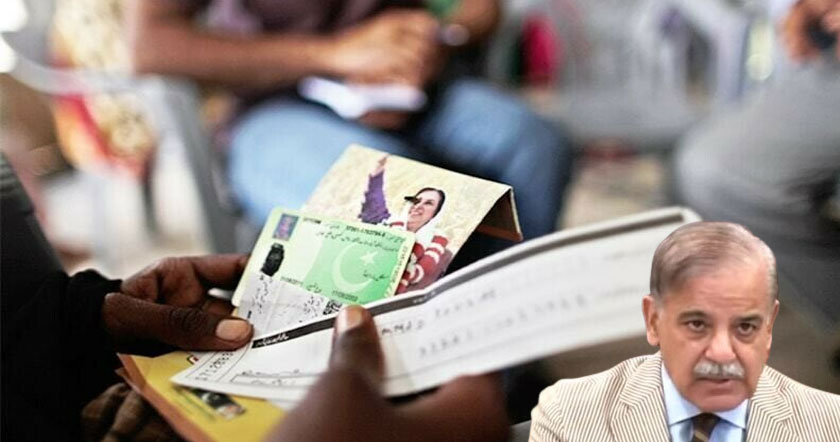http://www.riazhaq.com/2013/07/malala-day-missed-opportunity-supreme.html
Discussion at Viewpoint from Overseas focused on two events last week: 1. Malala Day at the United Nations and 2. Pakistani Supreme Court's refusal to hear a petition against US drone strikes in FATA.
1. Malala Day:
Malala Day was celebrated at the United Nations at which Pakistani teenage schoolgirl Malala Yousufzai made a passionate appeal to the world to fully support girls' education in Pakistan and around the world. Pakistani leadership was conspicuously absent from this important event.
The vacuum left by the top political leadership of Pakistan was unfortunately filled by the Taliban sympathizers who spun various conspiracy theories to blame foreigners, particularly the West, for all of Pakistan's problems. While she was still speaking at the U.N., her detractors in Pakistani social media were denouncing her as a “CIA agent" or claiming that her wounds had been “faked.” There were those who said she had not been hurt at all, while others were suspicious of her global fame. The messages were in the thousands.
Malala Day is a missed opportunity for Pakistani leaders to focus the attention of the people of Pakistan on two very important issues they face: the extremely serious threat of terrorism and the denial of education to girls in the country, particularly in western provinces of Khyber Pukhtunkhwa ruled by Imran Khan's Pakistan Tehreek-e-Insaf and Balochistan ruled by Nawaz Sharif's PML(N).
2. US Drones:
Pakistani Supreme Court refused to hear a petition seeking an order to declare US drone strikes in FATA illegal. The rejection was based on technical grounds. The Court said that “under Article 247 (7) of the constitution, neither the Supreme Court nor a high court shall exercise any jurisdiction in relation to tribal area, unless (Parliament) by law otherwise provides.”
This court has not hesitated to hear petitions based on such technical grounds in the past. Pakistan's High Treason Act, for example, clearly states that “No court shall take cognizance of an offense punishable under this act except upon a complaint in writing made by a person authorized by the Federal Government in this behalf.” But this language did not stop the Supreme Court judges from hearing a petition against Pervez Musharraf earlier this year.
It appears that there is more to the Supreme Court's rejection of petition against drones than meets the eye. Could it be that the Supreme Court judges, like many others in Pakistan, know that drone strikes are the only effective means of checking the TTP today?
Watch the following video for more on the above subjects:
http://www.riazhaq.com/2013/07/malala-day-missed-opportunity-supreme.html
Discussion at Viewpoint from Overseas focused on two events last week: 1. Malala Day at the United Nations and 2. Pakistani Supreme Court's refusal to hear a petition against US drone strikes in FATA.
1. Malala Day:
Malala Day was celebrated at the United Nations at which Pakistani teenage schoolgirl Malala Yousufzai made a passionate appeal to the world to fully support girls' education in Pakistan and around the world. Pakistani leadership was conspicuously absent from this important event.
The vacuum left by the top political leadership of Pakistan was unfortunately filled by the Taliban sympathizers who spun various conspiracy theories to blame foreigners, particularly the West, for all of Pakistan's problems. While she was still speaking at the U.N., her detractors in Pakistani social media were denouncing her as a “CIA agent" or claiming that her wounds had been “faked.” There were those who said she had not been hurt at all, while others were suspicious of her global fame. The messages were in the thousands.
Malala Day is a missed opportunity for Pakistani leaders to focus the attention of the people of Pakistan on two very important issues they face: the extremely serious threat of terrorism and the denial of education to girls in the country, particularly in western provinces of Khyber Pukhtunkhwa ruled by Imran Khan's Pakistan Tehreek-e-Insaf and Balochistan ruled by Nawaz Sharif's PML(N).
2. US Drones:
Pakistani Supreme Court refused to hear a petition seeking an order to declare US drone strikes in FATA illegal. The rejection was based on technical grounds. The Court said that “under Article 247 (7) of the constitution, neither the Supreme Court nor a high court shall exercise any jurisdiction in relation to tribal area, unless (Parliament) by law otherwise provides.”
This court has not hesitated to hear petitions based on such technical grounds in the past. Pakistan's High Treason Act, for example, clearly states that “No court shall take cognizance of an offense punishable under this act except upon a complaint in writing made by a person authorized by the Federal Government in this behalf.” But this language did not stop the Supreme Court judges from hearing a petition against Pervez Musharraf earlier this year.
It appears that there is more to the Supreme Court's rejection of petition against drones than meets the eye. Could it be that the Supreme Court judges, like many others in Pakistan, know that drone strikes are the only effective means of checking the TTP today?
Watch the following video for more on the above subjects:
http://www.riazhaq.com/2013/07/malala-day-missed-opportunity-supreme.html


